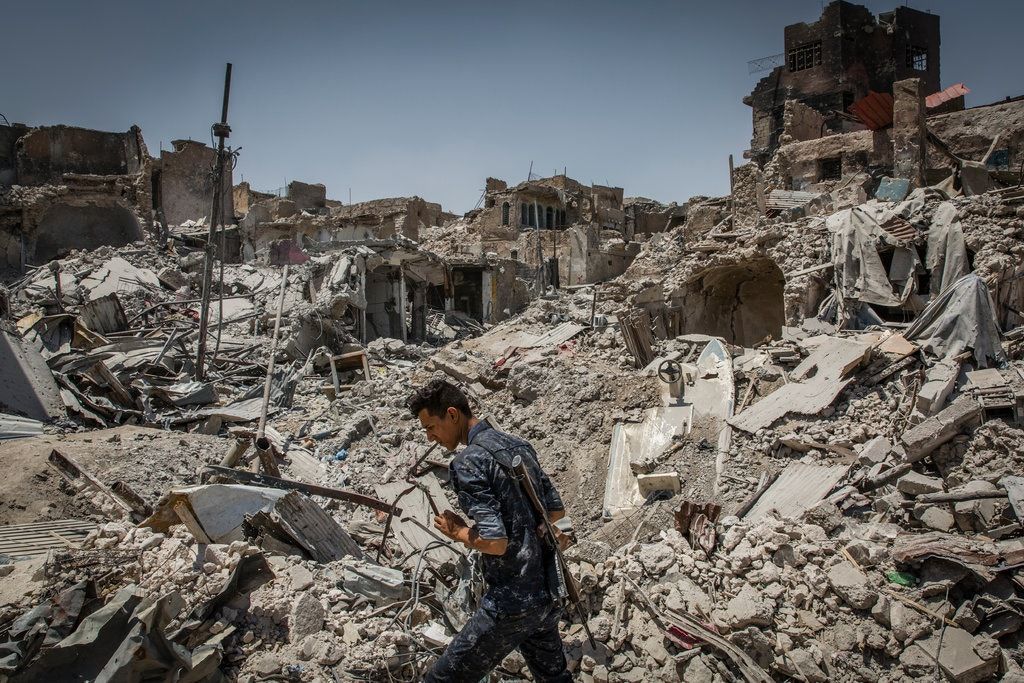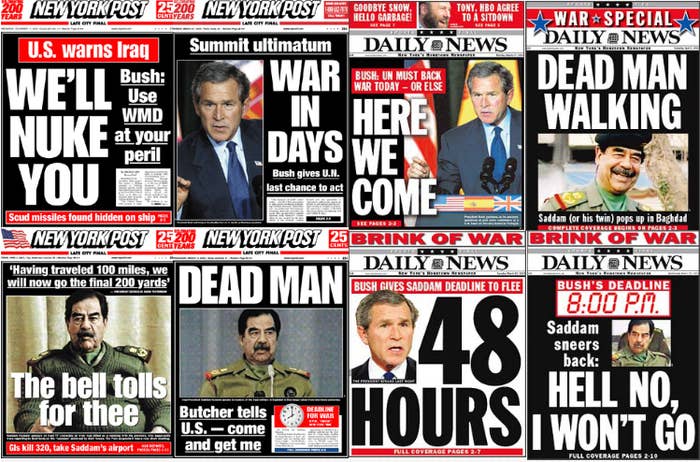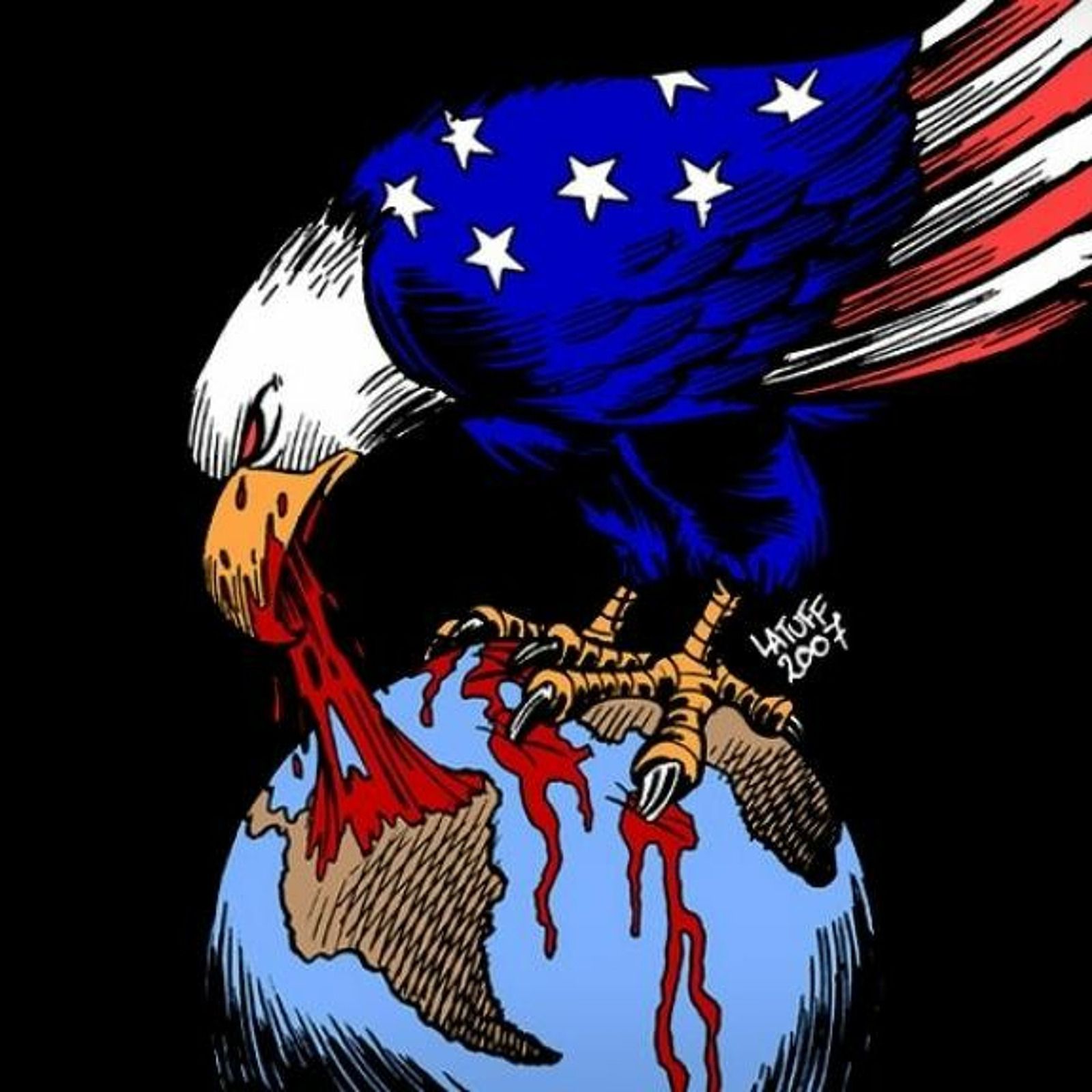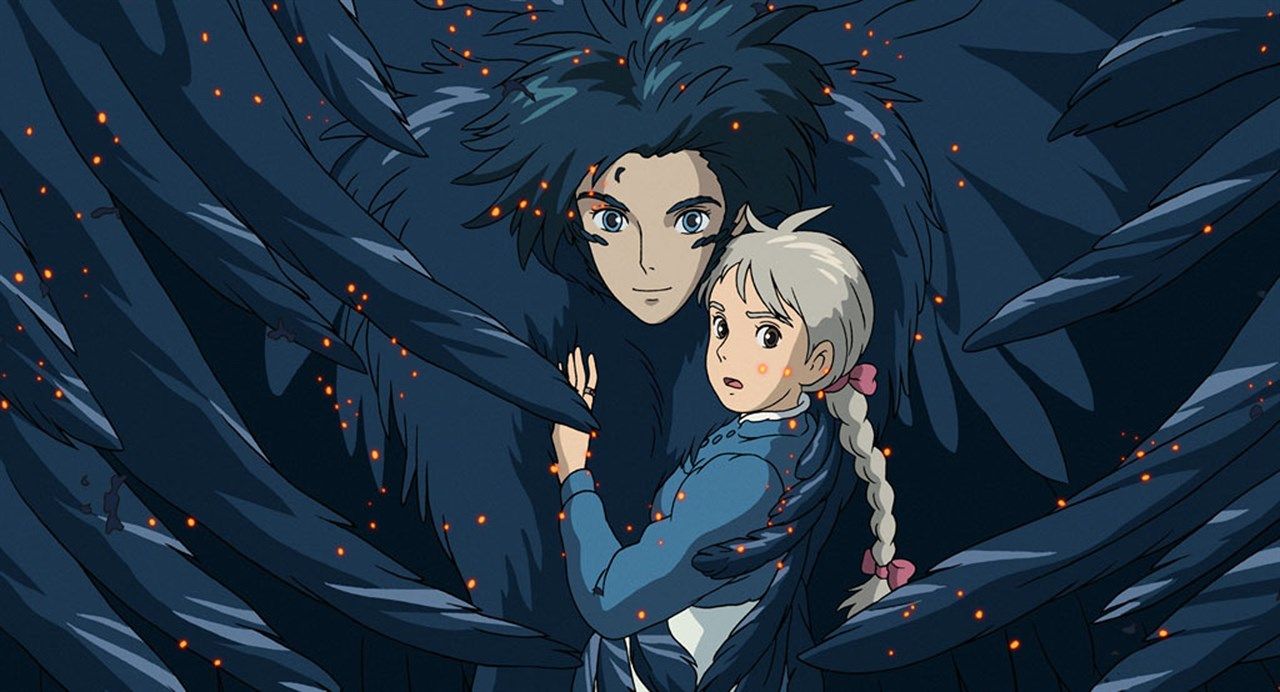9/11 and the United States’ poisonous fangs

On 9/11 2001, two airplanes flew into the world trade center. In the wake of this eventAmerica's poisonous fangs were unleashed onto millions of people across west Asia. The attack on the twin towers by Saudi backed reactionaries, funded and cultivated by the USA during the cold war, was used to justify the occupation of both Afghanistan and Iraq and established long-term public support for the war on terror. As a consequence Muslims and perceived Muslims-like populations became targets for imperialist disciplining domestically and abroad.
Both in Iraq and Afghanistan puppet governments were set up, healthcare, education and infrastructure was destroyed and sold off to NGOs and foreign investors who did nothing but exploit these countries. All the while mythic reasons were propagated about how “our freedoms’’ are under attack and that people with ‘’barbaric’’ values had to be guided towards democracy. As fear was mongered by prompting up the “scary Osama Bin laden” who today nobody even mentions or remembers any more , villages, cities and countries were bombed into oblivion. The United States held everyone hostage, not allowing anyone to dissent against this policy in any way or form. [1] To sell this message the US mobilized all its cultural channels from Hollywood, to videogames, to the media, demonizing Muslims, Arabs and anyone who was remotely considered as brown. Overt right wing white supremacy became an accepted form of political discourse in all western countries to keep repressing West-Asian diaspora. Iraq’s recent history is the heritage of this war of terror.

The impact on Iraq
Two years after the 2003 U.S.-led invasion of Iraq, 52 percent of Americans believed that the United States should stay in Iraq until it “stabilizes”. The 9/11 attacks helped president bush to gain public support through the rhetoric of “gain vs. loss”. The public debate was organized around losses vs. gains: protecting the US from future losses i.e. terrorist attacks, but the lives of Iraqis were never part of this public debate. The aim of eliminating an “evil Iraq” by abolishing potential weapons of mass destruction (WMD) to win the war on terror was merely a marketing strategy to justify and reinforce the continued occupation and reconstruction of Iraq. The US-led invasion directly killing and maiming millions of Iraqi civilians. Endless massacres, abductions, torturing by the US and their partners became the norm. Yet this was only the means to build imperial dominance over Iraq and entangle Iraqi society into a US led capitalist system.
In the first month after the invasion the Coalition Provisional Authority (CPA) headed by Paul Bremer imposed exceptionally harsh socio-economic reconstructions. 200 Iraqi state-owned companies were privatised, corporate tax reduced from 45 percent to 15 percent, foreign firms were allowed to retain 100 percent of their Iraqi assets and the Iraqi banking system was completely restructured. Iraq’s oil revenues were held in an account at the Federal Reserve in New York and used for restructuring expenditure. This ‘shock programme‘ led half a million Iraqi citizens to abruptly lose their jobs, after which over 50 percent of the Iraqi workforce became unemployed. In the meantime international corporations were compensated for “losing profits” due to decline of business since 1990. Among them Sheraton received $11 million, Pepsi $3.8 million, Kentucky Fried Chicken $321,000 – all US-based enterprises. Israeli farmers received $8 million and Israeli travel agencies $15 million. [2] This while till this day basic public goods such as roads, electricity, sewage systems are of dire quality and systematically blocked from being rebuilt.

The withdrawal from Afghanistan and the change since 9/11
Since the fall of the Soviet Union the world became a unipolar world where the US was the sole superpower. To consolidate this position the US went on massive military expansion. The events of 9/11 were then used to announce this new world order to the whole world. In his speech George Bush jr famously said: “you are either with us or against us”. The choice was to either serve US interests or be destroyed. At the turn of the century the US military might was at its height and this was clearly expressed in the national security strategies of that time. These military strategies articulated how the US would remain the world's sole superpower by attaining “full spectrum dominance” using “Preemptive strikes” and employing the “shock and awe” doctrine [3].
Now 20 years later the dream to impose a neo-liberal world order has been shattered. Trillions were spent and thousands of US troops were killed while none of the strategic objectives was met. The resistance in West-Asia effectively buried the US capabilities to launch full scale wars such as those in Afghanistan and Iraq in the 2000s. The US defeat at the hands of the resisting nations marked a shift in global politics. A new world is emerging, a multipolar world in which nations are freeing themselves from global neo-liberal institutions.
References
[1] Newnham, Randall. "“Coalition of the bribed and bullied?” US economic linkage and the Iraq War coalition." International Studies Perspectives 9.2 (2008): 183-200.
[2] Gökay, B., Hamourtziadou, L. "The Promised Spring: Death and Neoliberalism in Iraq." Dialogue Security (2019)
[3] Vision, Joint. "Joint Vision 2020." Washington, DC: US Department of Defense (1995).


